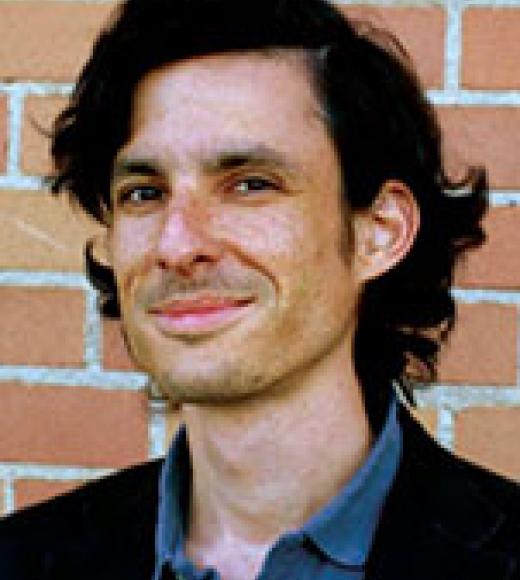
Position Title
Assistant Adjunct Professor
- Department of Cell Biology and Human Anatomy
Increasing evidence suggests that multipotent mesenchymal stem cells/bone marrow stromal cells (MSC) represent an ontologic and phylogenetic vestige of ancestors with regenerative potential, as found during early development of mammals or adult newts, salamanders and fishes. MSC can be isolated from virtually all vascularized tissues and are proposed to correspond with the pericyte compartment. Since MSC can be robustly expanded ex vivo and present low immunogenicity, allowing both autologous and allogeneic transplants, many novel cellular therapies explore the potential of MSC: these cells can robustly differentiate into tissues such as bone, cartilage and tendon, allowing their use as replacement for damaged tissue. But many other clinical applications rely on their production and release of paracrine signals with chemotactic, immune suppressive and pro-angiogenic activity; for many therapies currently undergoing phase III clinical trials, such as graft versus host disease, cardiac infarction and epidermal fistulas, administered MSC are considered not to contribute significantly by direct differentiation and replacement of the damaged tissue, but rather to perform as trophic mediators, promoting tissue repair by release of soluble factors that inhibit inflammation, reduce fibrosis, and induce angiogenesis among other functions. Based on recombinant DNA techniques, we primary work altering gene and microRNA expression levels of human MSC to either optimize their therapeutic potential for applications such as bone repair, non-healing ulcers and critical limb ischemias or to understand the basic mechanisms involved in differentiation, proliferation, self-renewal, etc.